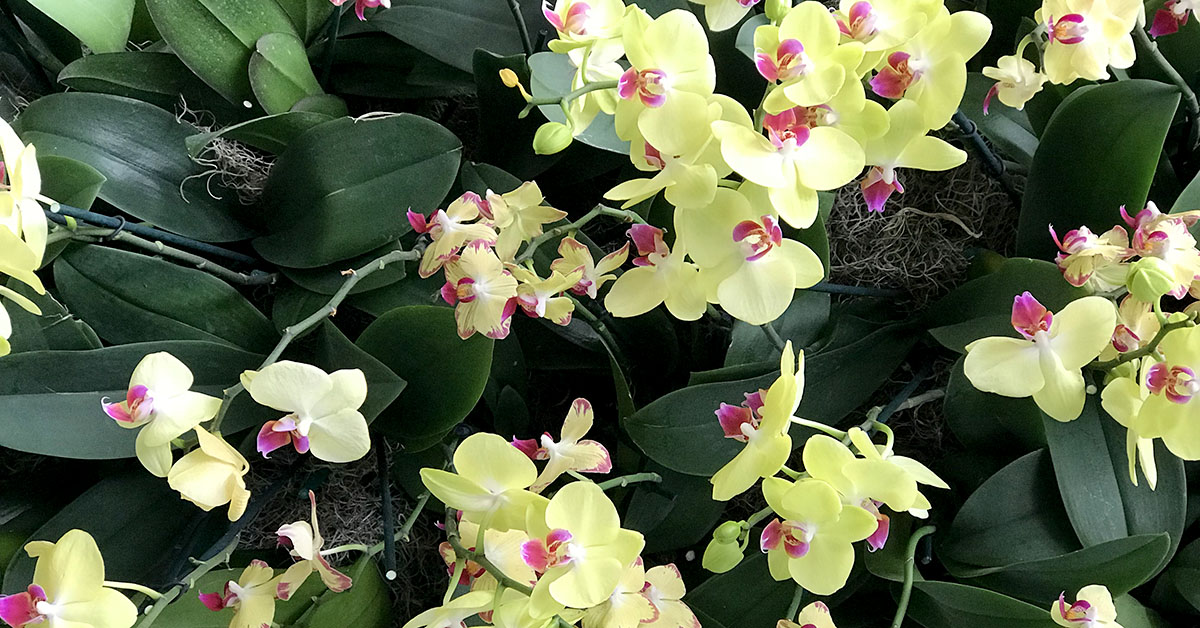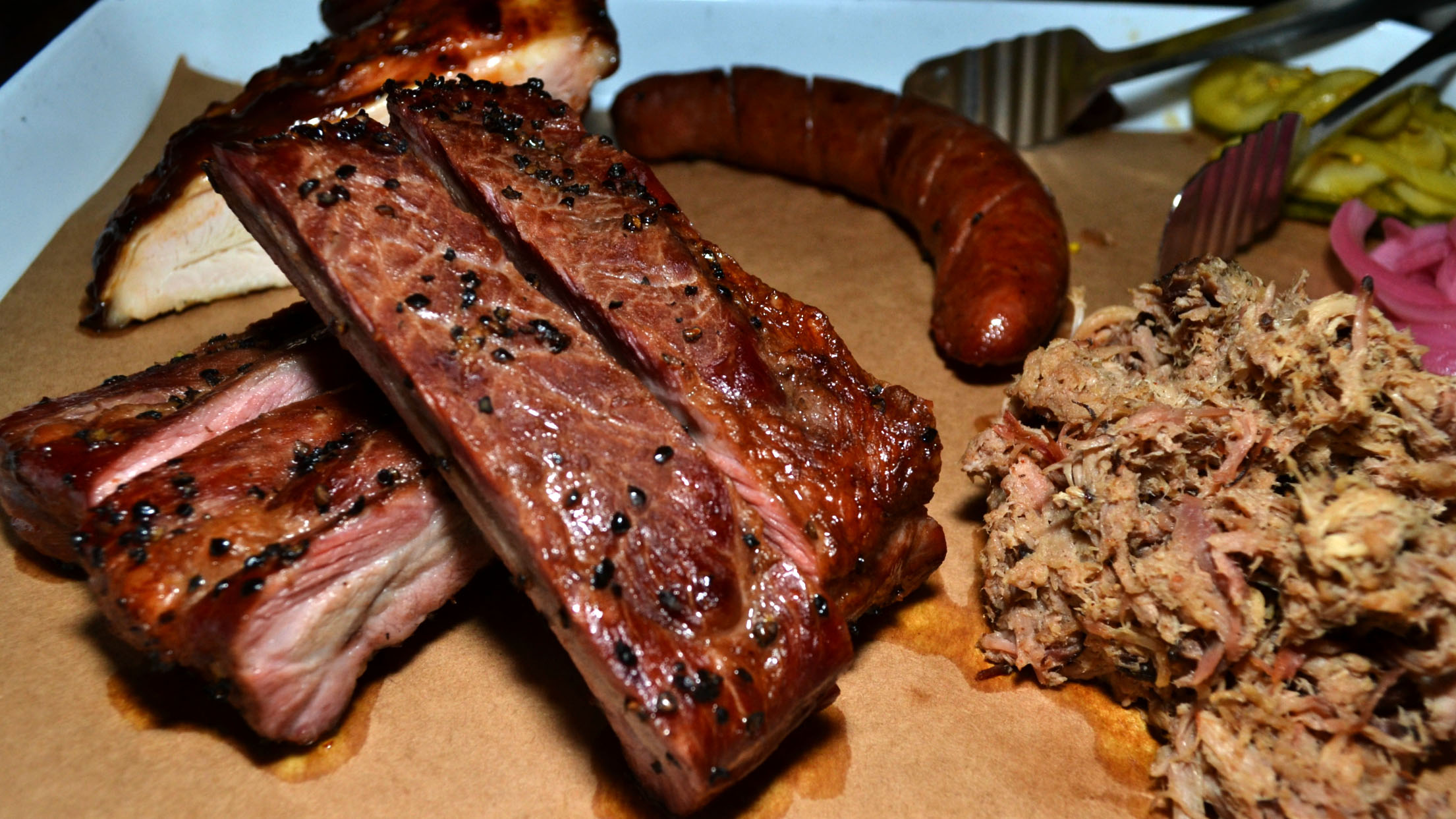Back to School in a Minivan

Returning to campus is an exciting time in any student's life.
A college road trip to Washington, D.C., offers a chance to reflect on life.
I closed the sliding door of my rented minivan and hugged my only child goodbye — again. Parents know the bittersweet ritual of taking a kid away to college, but after more than a year of online classes due to the pandemic, this time felt different. He needed his life back; so did I.
Like many students, my son’s college experience was interrupted. As a returning senior at American University in Washington, D.C., he hoped to regain some of the passion and in-person experiences that had initially drawn him to the United States capital.
I wanted to help him get back to campus, but I first needed to figure out how to move his considerable possessions.

Congress chartered American University in 1893.

A group of young men watch the sunrise at Assateague Beach in Virginia.
Packing for the Road Trip
I love my Jeep Grand Cherokee, but it’s 21 years old and sports 238,000 miles. I had doubts about whether the Jeep would make the 1,800-mile round trip to Washington, D.C. Heck, we might not even make it outside the St. Louis city limits.
To avoid wear on my own vehicle and ensure reliability against breakdowns — and to make use of the many safety features on newer cars — I rented a Chrysler Voyager minivan to help me navigate roads in unfamiliar cities. Plus, the van provided enough room to move everything.
Every college kid requires a few necessities, but I questioned some items as we loaded up. The bongo drums used during political protests in St. Louis didn’t take up much space and I surmised they would be equally vital in the nation’s capital, but they seemed like such a ‘60s throwback item. A scuffed-up leather chair, procured curbside before the trash haulers got to it, fit in the back when turned at the proper angle. And the faux tiger rug, sewn by a woman in Belarus and shipped across the Atlantic Ocean via freighter, was undoubtedly cool, but I deemed it nonessential.
When I expressed my objections, my son told me these items would make him feel more at home. I dispensed with the fatherly advice and quietly loaded the college “necessities.”
We left promptly at 3:30 a.m. The 900-mile drive along interstates 64 and 81 took us through sporadic rain in Kentucky and mist-shrouded hills in West Virginia. With each passing mile, excitement, tempered by a tinge of sadness, crept in.
Twelve hours later, we arrived, unloaded and began setting up his apartment near campus. Unsurprisingly, we lacked real “necessities” such as furniture to sit on, a table to eat at and water glasses to drink from. I made several trips to local furniture and electronics stores, filling up and emptying the Voyager like a bottomless cup of coffee after a rough night.
After four days, the apartment looked like a cross between Martha Stewart’s country home and Austin Powers’ bachelor pad. The newly acquired modern couch, retro lamps and artificial plants did indeed make the place feel homey. Repeatedly, the Voyager had turned out to be the perfect vehicle for the move.

A Chrysler Voyager boasts a large luggage capacity.

A Paint horse drinks on a hot August afternoon at Chincoteague National Wildlife Refuge.
Exploring New Horizons
I needed a respite following the stressful week of moving. After unloading the last of the new purchases and saying goodbye to my son, I drove three hours southeast from bustling D.C. along highways 50 and 13 to Chincoteague, Virginia, where wild ponies have roamed free for centuries.
The 14,000-acre Chincoteague National Wildlife Refuge boasts tranquil beauty. From the refuge’s Assateague Beach, I watched the sun rise over the Atlantic Ocean. Then, I hiked among towering pine trees on the 1.6-mile Woodland Trail.
Amid the humid marshes and deep blue skies, I reflected on the recent parting from my son and also contemplated new adventures in my own life. I knew I would have to adjust to an empty nest again, but I looked forward to having more time for new hobbies and old pastimes.
When I came upon a group of ponies, I remained at a comfortable distance, careful not to intrude. A lone Paint pony stopped to drink from the bog. When he raised his head, we silently locked eyes. Then, he turned and joined the wild herd — where he belonged.

Cattle egrets stand on the ponies' backs.
Related
Read more stories about Washington, D.C.
- College Road Trip
- Weekend Getaway to Experience Washington, D.C. Serenity
- How to Judge Barbecue
- Barbecue Judge Picks Favorite Spots in Washington, D.C., area
- Judging Barbecue in Washington D.C.


